 2:00 pm, Sunday, November 18
2:00 pm, Sunday, November 18
Blackstone Valley Historical Society
1873 Old Louisquisset Pike
Lincoln, RI 02865
Free; donations welcome.
THIS TALK IS CANCELLED. We hope to reschedule it next year. Thank you.
Carl Johnson gives a talk on Slater Mill
In American history, the Slater Mill site in Pawtucket, Rhode Island, is justifiably regarded as the inception of the Industrial Revolution in our country. Samuel Slater of Belper, England, at the age of 22, having completed an apprenticeship of six-and-one-half years in Jedediah Strutt’s cotton spinning mill, emigrated from England in September 1789 and arrived in New York that November, bringing with him a thorough knowledge of water-powered spinning machinery. This knowledge was a valuable commodity, since a handful of American manufacturers, such as Moses Brown, who saw promise in textile manufacture—producing high-quality thread and therefore cloth—had been trying, unsuccessfully, to replicate this technology in America. While Slater was New York for a period of several weeks, a ship’s captain informed him of two men in Pawtucket, Rhode Island, who were planning to open a cotton mill. Those men were Moses Brown of the prominent Brown family, and Brown’s son-in-law William Almy. Samuel promptly penned a letter to Moses Brown, stating that he had had oversight of and a thorough familiarity with the water-powered spinning mechanisms invented and developed by Sir Richard Arkwright.
Slater spent his first night in Pawtucket as the guest of Sylvanus Brown, who was a respected pattern maker and millwright, and eventually one of the builders of Slater Mill. The date was January 18, 1790. Sylanus Brown—-not related to Moses Brown, although both were members of the Society of Friends, that is to say, Quakers—was assigned the task of interviewing Samuel Slater. Sylvanus and his partners wished to establish just how acquainted was this young Englishman with the details of Arkwright’s spinning works. It so happened that they found in Samuel Slater the ideal candidate for their nascent mill operation. It was in Pawtucket Village, specifically a space Mr. Brown rented within Ezekiel Carpenter’s fulling mill, in December 1790, that Moses Brown, under Slater’s tutelage and in association with William Almy, Sylvanus Brown, blacksmiths and machinists Oziel Wilkinson and his son David, began the first successful cotton spinning business in America.
Drawing from the Blackstone River to provide power for their spinning frames, which was machinery based on English designs but adapted to their Rhode Island location, the “Yellow Mill” opened in 1793 as Almy, Brown and Slater Cotton Manufacturers. It was not officially titled Slater Mill during Samuel’s first decade there, but recognized as such in a colloquial sense.
The much larger and more modernized White Mill across the Blackstone along the riverbank was solely of Slater’s conception. Thereafter, the Yellow Mill would most often be referred to as Old Slater Mill. However, two years prior to Samuel Slater’s death in April 1835, Andrew Jackson, the president of the United States, visited Slater at his home in Webster, Massachusetts, where the president said to him, “Mister Slater, I regard you as the father of our American Manufacturers!” Slater’s reply was, “Yes, Sir. You could say that I wrote the psalm, and the choir has been singing to it ever since.”
Mr. Johnson has worked for Old Slater Mill Association as an interpreter and tour guide for 12 years.
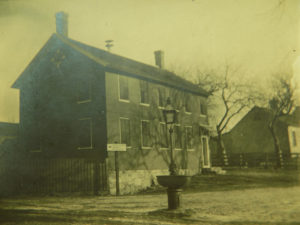
 Don’t miss this show on Sunday, March 31, 2:00 p.m.
Don’t miss this show on Sunday, March 31, 2:00 p.m.

 2:00 p.m., Sunday, March 10
2:00 p.m., Sunday, March 10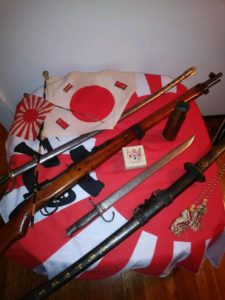
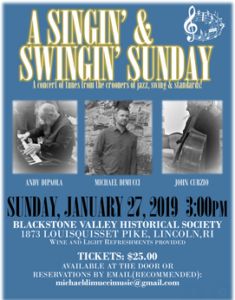 Singin’ and Swingin’ Sunday
Singin’ and Swingin’ Sunday Wishing everyone a merry holiday season and a happy new year!
Wishing everyone a merry holiday season and a happy new year! 2:00 pm, Sunday, November 18
2:00 pm, Sunday, November 18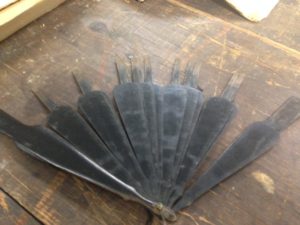
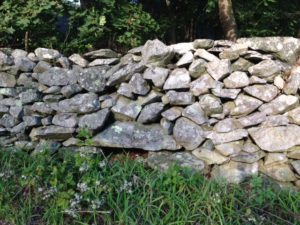
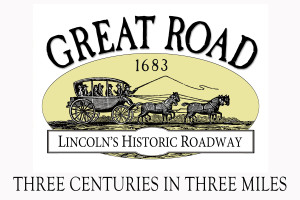 11:00-4:00 pm, September 22, 2018 BVHS’s Northgate Toll House and the Arnold’s Original Lonsdale Bakery will be open for Great Road Day. BVHS will be 60 years old. Stop by for a piece of birthday cake. BVHS, 1873 Old Louisquisset Pike, Lincoln, RI 02865. Free event.
11:00-4:00 pm, September 22, 2018 BVHS’s Northgate Toll House and the Arnold’s Original Lonsdale Bakery will be open for Great Road Day. BVHS will be 60 years old. Stop by for a piece of birthday cake. BVHS, 1873 Old Louisquisset Pike, Lincoln, RI 02865. Free event.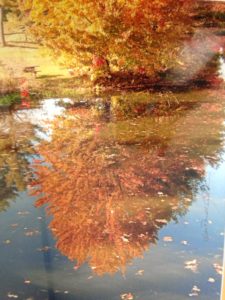
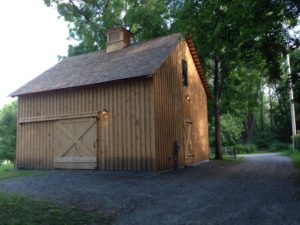
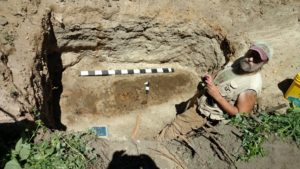
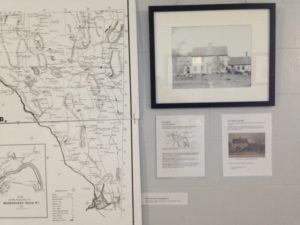 July 2-30: BVHS Exhibit at the Hayden Gallery: An Elaborate History: The Cumberland Ballous. 2nd floor of the Cumberland Public Library,
July 2-30: BVHS Exhibit at the Hayden Gallery: An Elaborate History: The Cumberland Ballous. 2nd floor of the Cumberland Public Library,